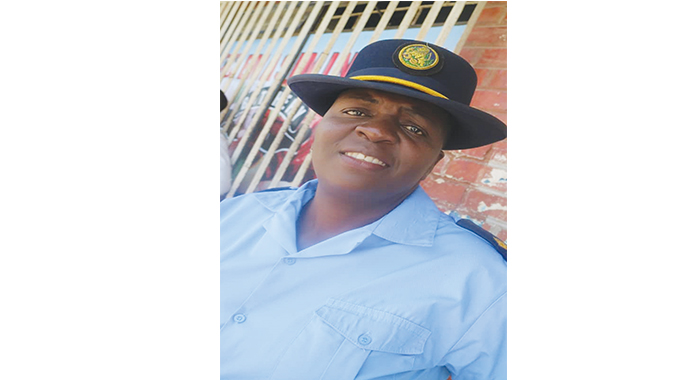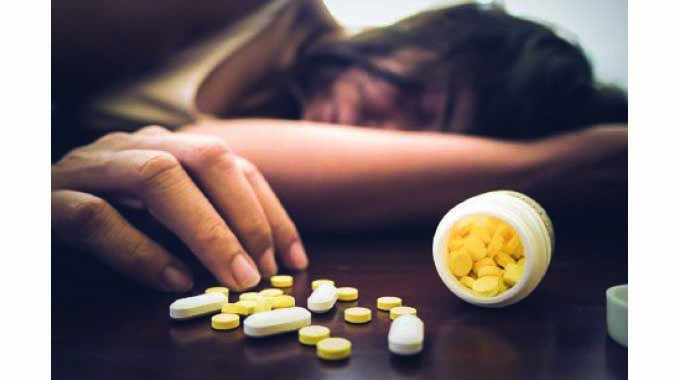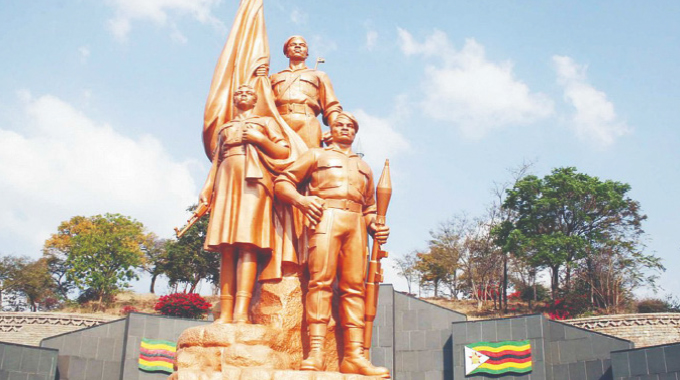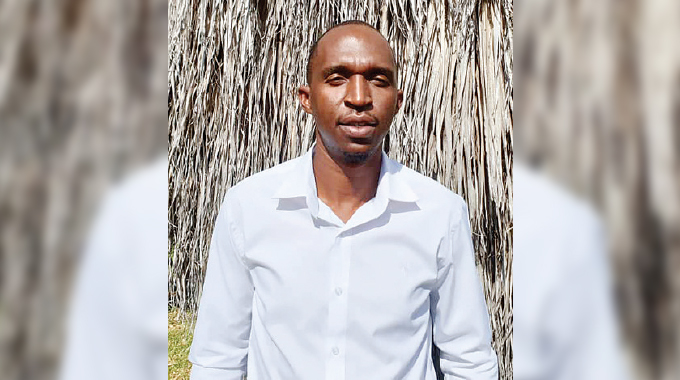School substance abuse cases worrying

Andile Tshuma, Chronicle Reporter
A FEW weeks ago, the Bulawayo community was shocked when 16 youths from Entumbane suburb had to be hospitalised after reacting to a drug that they had abused.
This led to a series of anti-drug and substance abuse campaigns by the community leadership in partnership with the Zimbabwe Republic Police Drugs Unit.
Many efforts are still ongoing to try and rid the suburb as well as the city in general of the drug scourge.
While the city was still reeling from the Entumbane incident, the news of the expulsion of eight Upper Six girls from the Dominican Convent High School in Harare filtered through, proving that the issue of substance abuse was not only a Bulawayo thing but had become a national headache.

drug abuse
The Dominican Convent issue has sparked debate on whether the school took the correct or best action by expelling the pupils, as some believe that the learners deserved a second chance in order to reform and be rehabilitated, while some believe that it was good for the school to expel the delinquents in order to set an example to other learners and discourage drug and substance abuse.
The country has been experiencing disturbing reports of young people, including school children, engaging in alcohol, drug and substance abuse.
One would have assumed that the Roman Catholic Church-run Dominican Convent would be a safe place for girls as it is considered a prestigious private school with high morals. The recent incident however shows that no one is immune from the drugs scourge and so many children in both public and private schools are at risk of the substance abuse crisis.
At private schools, learners who are mostly from rich families, reportedly use high-end drugs such as cocaine and nicotine.
It is alleged that these learners are targeted by drug peddlers who introduce them to high end drugs which are expensive as they are known to be able to afford them.
In June 2021, President Mnangagwa declared war against drug dealers and established an inter-ministerial taskforce to deal with the problem as there was a surge in drug abuse cases in the country.
In Bulawayo, police have conducted raids to control vuzu parties where pupils gather indoors and engage in beer drinking, drugs and sex.
The drug problem is said to be rampant in many other schools in the country with drug peddlers targeting elite schools attended by children of the wealthy who can afford to buy expensive drugs.
Substances that are commonly abused are alcohol (both licenced and unlicenced brews), tobacco, cannabis, cocaine, crystal meth and non-medical use of controlled medicines such as codeine-containing cough medicines and benzodiazepines.
Zimbabwe is experiencing an upsurge in drug abuse cases and most of those abusing the drugs are young people. Last year, the Ministry of Health and Child Care launched a five-year strategic plan (2021-2025) against substance abuse to curb its prevalence, which has reached alarming levels.
Researchers observed that the prolonged closure of schools during the Covid-19 lockdowns had resulted in the rise in drug abuse among learners.

Cakes laced with drugs – image taken from Shutterstock
Such tendencies may have persisted when normal classes resumed after the end of the lockdown periods.
Substance abuse in Africa is on the rise, with projections estimating a 40 percent increase in people who abuse substances from 2020 to 2030, unfortunately, Zimbabwe is not an exception.
Reports of substance abuse in Zimbabwe paint a concerning picture of escalating prevalence of abuse, with over half of people admitted to mental health units reportedly experiencing a substance induced disorder.
Speaking to this publication recently, Ingutsheni Central Hospital Chief Medical Officer Dr Nemache Mawere expressed concern at the increase in substance abuse related cases that the hospital is dealing with.
He said the hospital deals with over 2 000 outpatient each month, who have a history of substance abuse, while 90 percent of inmates admitted at the institution have been institutionalised for alcohol and substance abuse related cases.
This has led to overcrowding in the wards with numbers constantly increasing month after month despite the hospital discharging at least 40 patients weekly.
Despite the resource constraints to adequately address substance use, the Government has shown a renewed resolve to provide a comprehensive approach to address substance abuse in the country.

Dr Nemache Mawere
Reports of a substance abuse crisis in Zimbabwe are predominantly based on anecdotal evidence, limiting the ability to gain an accurate picture of the situation.
Socio economic challenges are also linked to increased rates of stress, trauma, and mental health challenges which all increase risk for substance abuse. The situation is further compounded by the treatment gap for mental, neurological and substance use disorders, with sub-Saharan Africa having the largest gap globally.
This is largely linked to the ‘brain drain’ due to mass emigration of mental health professionals and significant underfunding for mental health services due to resource constraints.
Experts say efforts are lacking at the borders as some drugs are being smuggled into the country due to the porous nature of the borders, with Zimbabwe reportedly being used as a drug corridor by some people.
Speaking at a recent anti-drugs and violence campaign, Bulawayo deputy police spokesperson Assistant Inspector Nomalanga Msebele said police had a special unit that sought to not only arrest drug users and peddlers, but that also held periodic campaigns to teach communities on the dangers of substance and alcohol abuse.












Comments